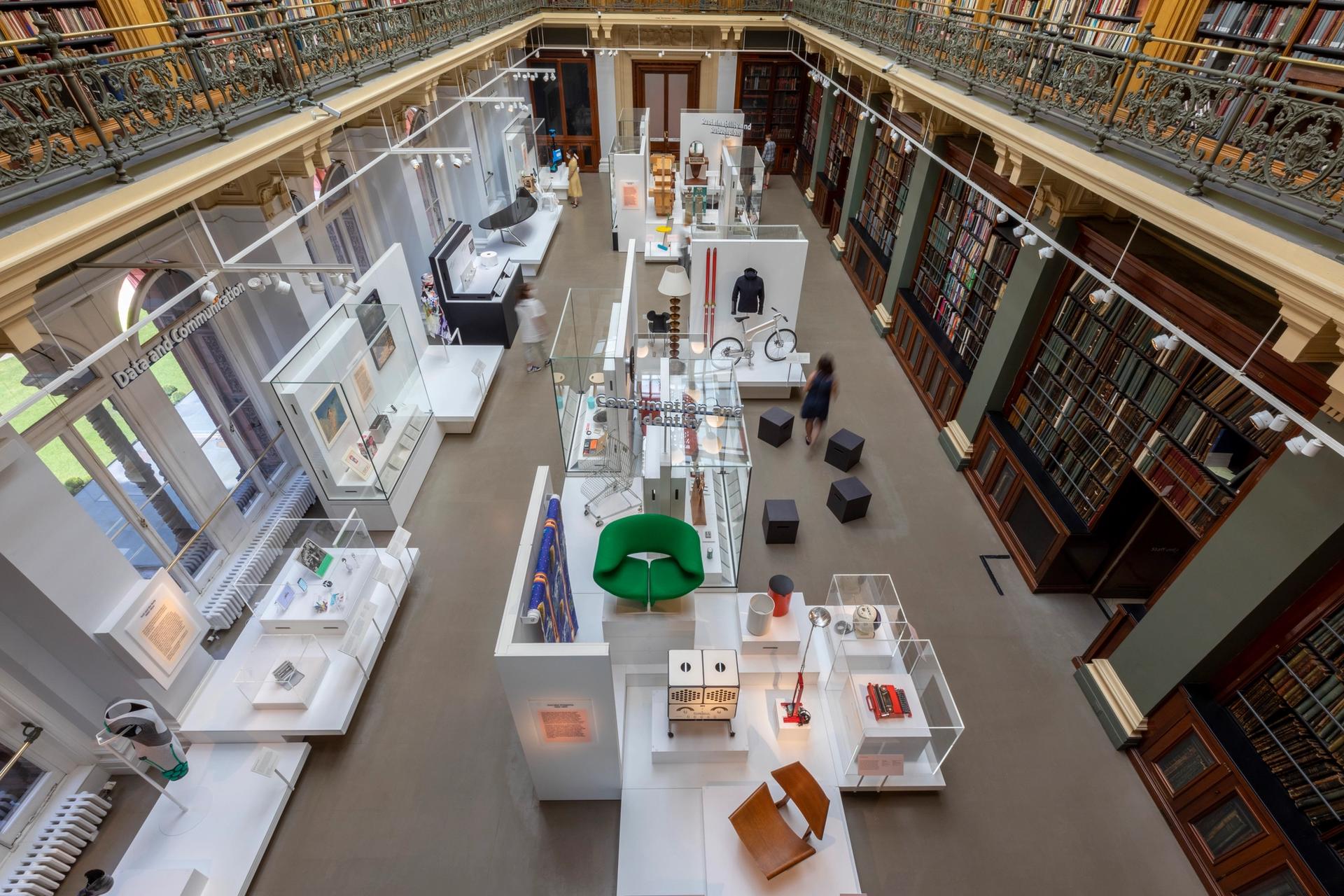New objects that reveal "truths about how we live" will go on show at London’s Victoria and Albert Museum (V&A) this week. The Rapid Response Collecting Unit will unveil its latest acquisitions in the newly refurbished Design 1900-Now gallery, a space housed within the V&A’s former 20th-century gallery. The former Rapid Response gallery at the museum closed in 2019.
The new Rapid Response items reflect the tumultuous events of the past year, such as a series of British Vogue front covers featuring three UK key workers including a London Underground train driver, along with I Believe in Our City bus shelter and subway posters made by the neuroscientist-turned-artist Amanda Phingbodhipakkiya.
The posters were displayed in New York last November after the city’s Commission on Human Rights received more than 566 reports of discrimination, harassment and bias related to Covid-19, 184 of which were anti-Asian in nature. Phingbodhipakkiya told the New York Times: “I really wanted to find a way to say, despite everything we have faced as Asian-Americans and New Yorkers, that I still believe in New York.”

Installation shot of Design 1900-Now Gallery at the V&A © Victoria and Albert Museum, London
A pair of Nike 'Alphafly' shoes worn by the Kenyan athlete Eliud Kipchoge when he became the first athlete to run a marathon in under two hours in October 2019 will also go on display. Prototype variants of the trainers were banned in January by World Athletics, the governing body for track and field sports.
The Design 1900-Now gallery has been divided into five themes; Housing and Living, Crisis and Conflict, Data and Communication, Sustainability and Subversion, and Consumption and Identity. The latter includes publisher Rizzoli’s book of the reality TV star Kim Kardashian’s selfies entitled Selfish (2015). The same section also includes the US fashion designer Virgil Abloh’s cardboard Sculpture bag for Ikea, launched as part of the Markerad range in 2019, which cost €15.
The Crisis and Conflict section includes Better Shelter’s flat-pack refugee shelter, which was developed by the non-profit Ikea Foundation with the United Nations refugee agency UNHCR. The Progress Pride flag by Daniel Quasar, which incorporates a five-coloured chevron, and a print by the artist Chris Ofili reflecting on the racially motivated murder of Stephen Lawrence in south London in 1993 also feature.
In a blog posted in October 2019, before the Covid-19 pandemic, the gallery co-curator Johanna Agerman Ross said that “over the last 18 months we have been working on a new curatorial vision for these galleries, aiming to tell a different story of 20th and 21st century, focused on design and society”.


